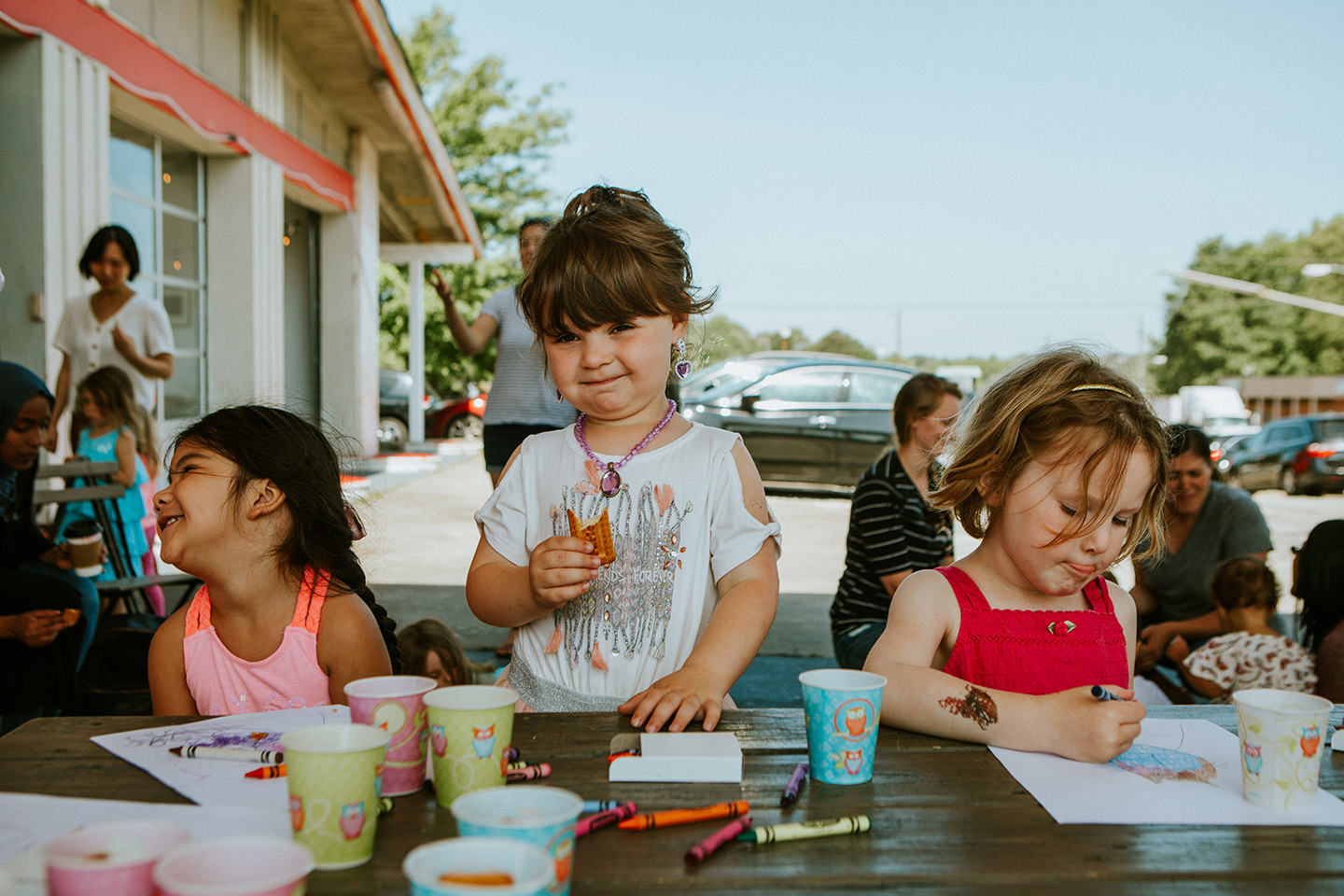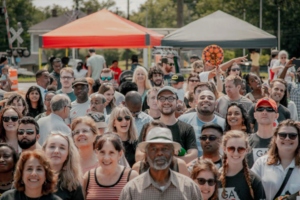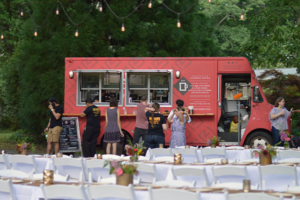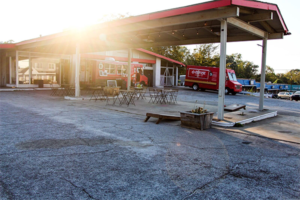
I confess that I love to play. And I really love it when I can give people some hope that they can play, too. Hope that they can live freely enough to quit being in control for long enough to breathe. I know this is not the only thing people need, far from it. But don’t we all need at least some dose of play no matter what, no matter when?
Not long after my husband and I moved to Clarkston, we met a family with three children, a very ill mom, and a very stressed-out dad. Their needs as a family were heavy, and I often had the feeling that I had nothing to offer them. But two things began to be clear: 1) I wasn’t their sole helper, not by a long shot, and 2) their children desperately needed the gift of play, of periodic respites from the adult responsibilities they shouldered. I find that children of refugee families often carry the responsibility of navigating life, translating language, and decoding culture for their parents… so just imagine the added element of a mom with a debilitating illness.
The family lived in a neat household at the backside of an apartment complex near us. The playground across from their building was a filled-in pool transformed into a dustbowl. The children had spent their toddler years in an Iraqi refugee camp where there was even more dust. I met them when a group of friends and I grilled hotdogs (made with Halal meat, of course) in that dustbowl amid a throng of kids who had to be reminded to stay back from the grill or they’d get burned. Kids hopped on and off our backs, begging for extra cookies or selfie ops. It reminded me of the way we describe our family vacations with our kids and their nine children: “joyful bedlam” or “happy chaos.”
In all that fun, it would have been easy to miss these three. They were more deferential than any second, third, and fourth grade children ought to be, a politeness borne of painful necessity. They stood at attention on the periphery of the crowd, almost escaping my notice in the mayhem. I introduced myself and said, Wanna hot dog?
No, they said. But can we help serve the food? So, with heartbreaking dignity, they did. And then they took a plate home to their mom. They invited me into their home, we became friends, and I eventually invited them to our house for a playdate. (This was before Refuge, when I had more time for playdates.)
At our house just minutes away from theirs, we made toll house cookies from scratch in my spacious kitchen, adding sprinkles galore. We blew purple bubbles in our green back yard. We jumped on the neighbor’s trampoline. They giggled like the carefree children they had forgotten to be. We then lay flat on the quivering mat and stared up at the sky. I’d start a story: Once upon a time there was a little girl who was the size of a bird. She lived in a…
And they’d finish: half of an egg shell. It was blue.
Stories ended, we walked in the “forest” across the street from our house. I told them about Robin Hood and his Merry Men, and they told me they were scared of snakes. I said, Who isn’t?
Finally, when it was almost time to take them home, I showed them the nest of three baby birds that sits atop a pillar on our porch, the nest no one in our family is as smitten with as me. Their words echoed my hushed reverence as we watched the daddy house finch, a somber, velvety maroon, feed his babies. We watched his flight path to the dull gray mama hidden on a branch nearby. The metaphor didn’t occur to me until later. In their world, a father had emerged to care for them while their mother, her illness making this a necessity, faded into the background. Blue jays and hawks and other dangerous neighbors lurked close. There were three children, just like the finches, straining for nourishment and flexing awkward wings, new to the world and desperate to fly.
I was sad when the two hours ended, and I was thankful. Because this is almost always how these stories end, with my joy-ledger full and theirs, too, I hoped. Play served a purpose that day. A fleeting one, but still…




